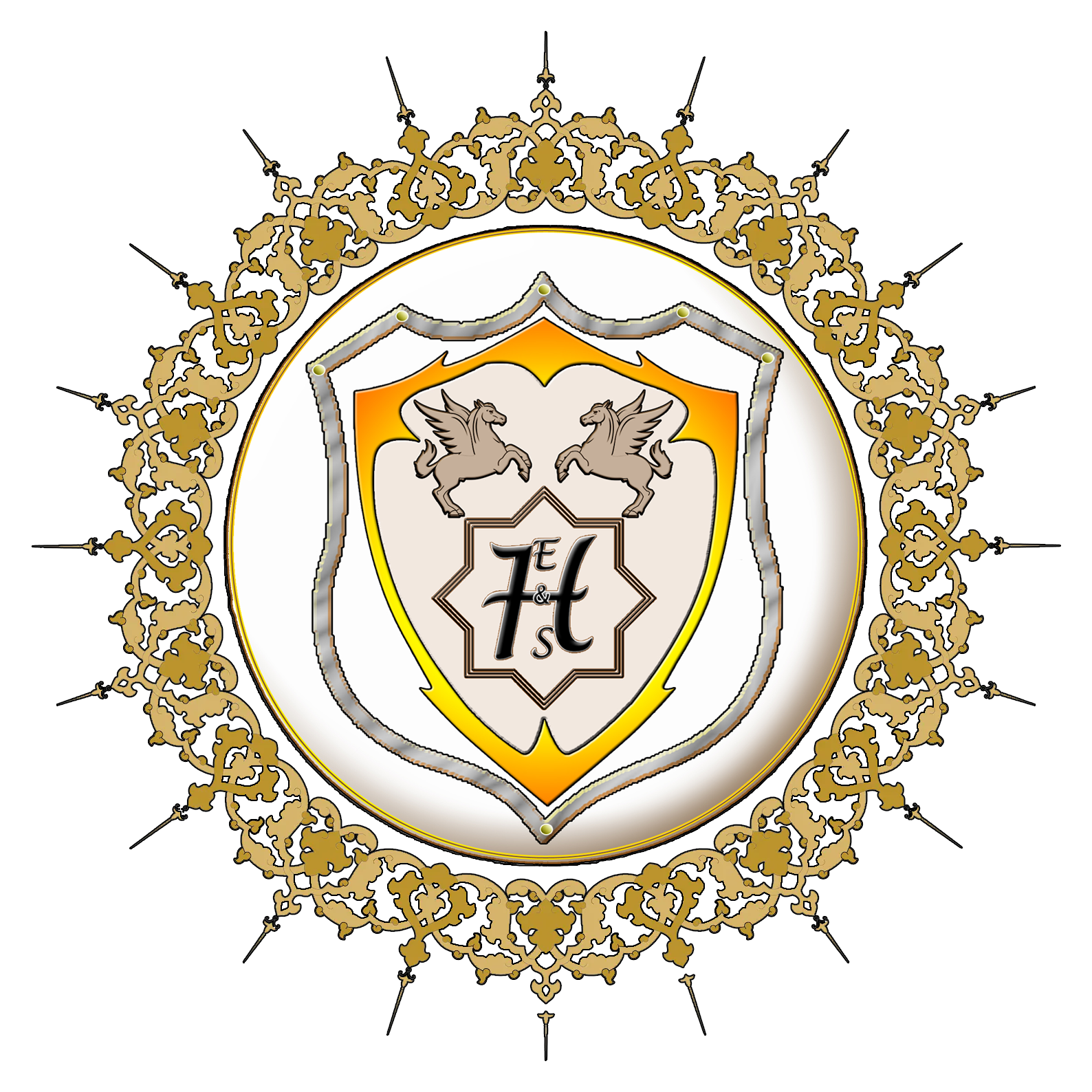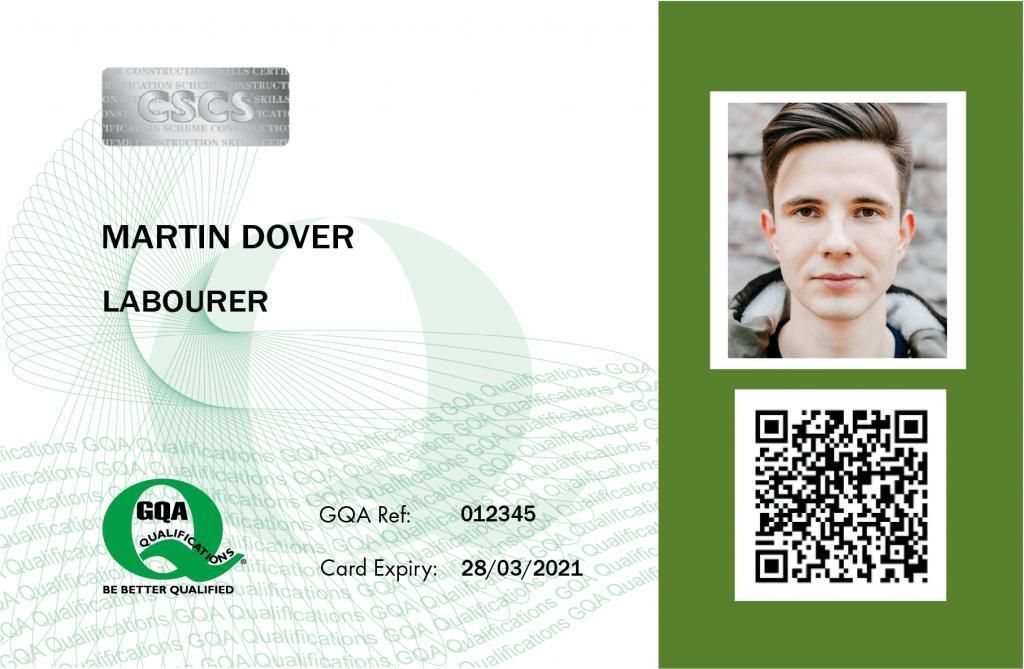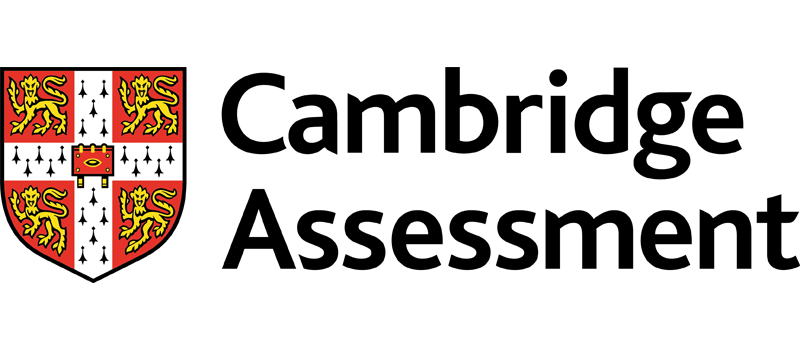
Blockchain for Business and Digital Transformation
Course ID: 2509220101023ESH
Course Dates : 22/09/25 Course Duration : 5 Studying Day/s Course Location: London, UK
Language: Bilingual
Course Category: Professional and CPD Training Programs
Course Subcategories: Operations and Process Excellence
Course Certified By: ESHub CPD & LondonUni - Executive Management Training
* Professional Training and CPD Programs
Leading to:
Executive Diploma Certificate
Leading to:
Executive Mini Masters Certificate
Leading to
Executive Masters Certificate
Certification Will Be Issued From :
From London, United Kingdom
Course Fees: £5,120.30
Vat Not Included in the price. VAT may vary depending on the country where the course or workshop is held.
Click to Pay
Date has passed please contact us Sales@e-s-hub.com
Course Information
Introduction
Blockchain technology has emerged as a transformative force, reshaping industries by introducing decentralized, transparent, and secure systems. While its origins lie in cryptocurrencies like Bitcoin, blockchain's potential extends far beyond financial transactions. Organizations across sectors—from supply chain management to healthcare—are leveraging blockchain to streamline operations, enhance trust, and drive innovation. For professionals navigating the complexities of digital transformation, understanding blockchain is no longer optional but essential. The course "Blockchain for Business and Digital Transformation" is designed to equip participants with the knowledge and tools necessary to harness this disruptive technology.
Despite its promise, many organizations face significant challenges in adopting blockchain due to gaps in technical expertise, regulatory uncertainty, and misconceptions about its applicability. A study by Deloitte highlights that 83% of executives view blockchain as a strategic priority, yet only 23% have successfully integrated it into their operations. This disparity underscores the need for comprehensive training programs that bridge theoretical understanding with practical implementation. By addressing these gaps, this course empowers participants to overcome barriers to adoption and position themselves as leaders in their respective fields.
One notable example of blockchain’s impact is Walmart’s use of IBM’s Food Trust blockchain to track food provenance. By implementing blockchain, Walmart reduced the time required to trace the origin of mangoes from seven days to just 2.2 seconds, significantly improving food safety and supply chain efficiency. Such real-world applications demonstrate how blockchain can solve critical business problems, from fraud prevention to operational inefficiencies. Participants will explore case studies like this to understand how blockchain aligns with organizational goals and creates measurable value.
Theoretical frameworks such as Porter’s Five Forces and the Diffusion of Innovations model provide valuable lenses through which to analyze blockchain’s role in competitive advantage and industry disruption. Mastery of blockchain concepts enables businesses to rethink traditional models, fostering collaboration and transparency. For instance, smart contracts—self-executing agreements coded on blockchain platforms—eliminate intermediaries, reducing costs and enhancing contract enforceability. These innovations not only optimize processes but also pave the way for new revenue streams and business models.
For individuals, acquiring blockchain expertise opens doors to diverse career opportunities in emerging fields such as decentralized finance (DeFi), tokenomics, and enterprise solutions. Organizations, on the other hand, benefit from a workforce equipped to navigate the complexities of digital ecosystems. As industries increasingly embrace Web3 technologies, professionals who understand blockchain will be at the forefront of driving change and shaping the future of work.
By combining foundational principles with hands-on exercises and industry insights, this course ensures participants gain both theoretical depth and practical proficiency. Whether you are an entrepreneur seeking to launch a blockchain-based startup or a corporate leader aiming to integrate this technology into your organization, this program offers the tools and strategies needed to succeed in an increasingly digitized world.
Objectives
By attending this course, participants will be able to:
Analyze the core principles of blockchain technology and its implications for business innovation.
Evaluate various blockchain platforms (e.g., Ethereum, Hyperledger, Corda) to determine their suitability for specific use cases.
Design smart contracts tailored to organizational needs using established coding standards.
Implement blockchain-based solutions to address challenges in supply chain transparency, data security, and compliance.
Apply governance frameworks to ensure ethical and regulatory adherence in blockchain projects.
Assess the economic and social impacts of decentralized technologies on industries and society.
Synthesize insights from real-world case studies to develop actionable strategies for blockchain integration in their organizations.
Who Should Attend?
This course is ideal for:
Business leaders and decision-makers seeking to leverage blockchain for competitive advantage.
IT professionals and developers interested in building decentralized applications and systems.
Supply chain managers aiming to enhance transparency and efficiency through blockchain.
Compliance officers and legal advisors responsible for ensuring regulatory alignment.
These groups will find the course invaluable as it addresses the growing demand for blockchain literacy and provides actionable insights applicable to their roles. While prior experience in blockchain is beneficial, the course is structured to accommodate beginners, making it accessible to intermediate learners as well.
Training Method
• Pre-assessment
• Live group instruction
• Use of real-world examples, case studies and exercises
• Interactive participation and discussion
• Power point presentation, LCD and flip chart
• Group activities and tests
• Each participant receives a 7” Tablet containing a copy of the presentation, slides and handouts
• Post-assessment
Program Support
This program is supported by:
* Interactive discussions
* Role-play
* Case studies and highlight the techniques available to the participants.
Daily Agenda
Daily Schedule (Monday to Friday)
- 09:00 AM – 10:30 AM Technical Session 1
- 10:30 AM – 12:00 PM Technical Session 2
- 12:00 PM – 01:00 PM Technical Session 3
- 01:00 PM – 02:00 PM Lunch Break (If Applicable)
- Participants are expected to engage in guided self-study, reading, or personal reflection on the day’s content. This contributes toward the CPD accreditation and deepens conceptual understanding.
- 02:00 PM – 04:00 PM Self-Study & Reflection
Please Note:
- All training sessions are conducted from Monday to Friday, following the standard working week observed in the United Kingdom and European Union. Saturday and Sunday are official weekends and are not counted as part of the course duration.
- Coffee and refreshments are available on a floating basis throughout the morning. Participants may help themselves at their convenience to ensure an uninterrupted learning experience Provided if applicable and subject to course delivery arrangements.
- Lunch Provided if applicable and subject to course delivery arrangements.
Course Outlines
Foundations of Blockchain Technology
Understanding Distributed Ledger Technology (DLT) and its evolution.
Key components: nodes, consensus mechanisms, and cryptographic principles.
Public vs. private blockchains: advantages and limitations.
Historical overview and landmark developments in blockchain.
Day 2:
Blockchain Platforms and Architectures
Comparative analysis of leading platforms: Ethereum, Hyperledger, and Corda.
Exploring permissioned and permissionless networks.
Building blocks of blockchain architecture: layers, protocols, and APIs.
Hands-on workshop: setting up a basic blockchain environment.
Day 3:
Smart Contracts and Decentralized Applications (dApps)
Introduction to smart contracts: functionality and benefits.
Solidity programming language for Ethereum-based contracts.
Developing and deploying dApps using blockchain frameworks.
Case study: decentralized finance (DeFi) applications.
Day 4:
Blockchain in Industry Verticals
Enhancing supply chain transparency with blockchain.
Blockchain for identity management and cybersecurity.
Tokenization of assets: real estate, art, and intellectual property.
Group activity: designing a blockchain solution for a chosen industry.
Day 5:
Governance, Compliance, and Future Trends
Regulatory considerations and global standards for blockchain adoption.
Ethical implications of decentralized systems.
Emerging trends: Web3, NFTs, and metaverse integration.
Capstone project presentation and feedback session.



















































